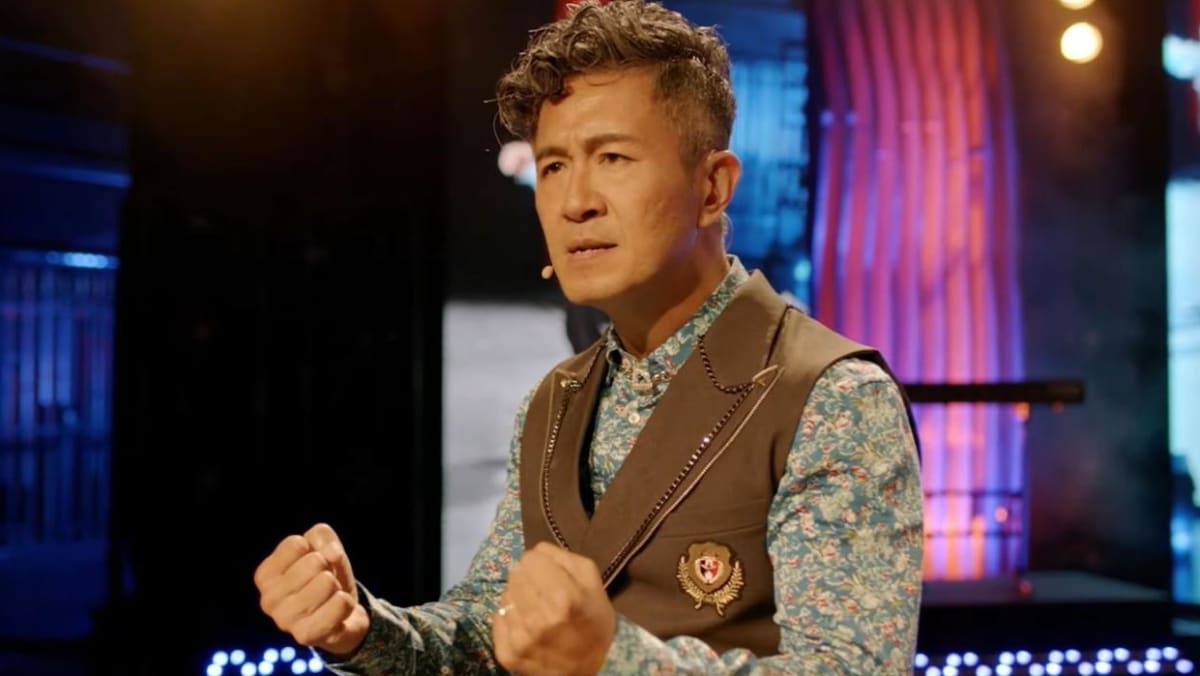
SINGAPORE: Singapore has disallowed the screening of local film #LookAtMe because it denigrates a religious community, authorities said on Monday (Oct 17).
The film was refused classification because it has “the potential to cause enmity and social division in Singapore’s multi-racial and multi-religious society”, said a joint statement from the Ministry of Home Affairs (MHA), Ministry of Culture, Community and Youth (MCCY) and the Infocomm Media Development Authority (IMDA).
The film, which is set in Singapore and directed by Singaporean director Ken Kwek, indicates to the audience in the opening frame that it is “inspired by true events”. #LookAtMe, Kwek’s second feature film, premiered at the New York Asian Film Festival in July.
The film’s protagonist is offended by a pastor’s stance on homosexuality, on behalf of his gay brother, and uploads an “incendiary” social media post about the pastor, played by Adrian Pang.
The post goes viral, and this leads to a series of events that causes the family much grief.
“Various descriptions of the pastor (including a similar sounding title) are suggestive of a real pastor in Singapore. Persons in Singapore may draw that connection. The context may be seen to be suggesting or encouraging violence against the pastor,” said the statement.
The protagonist also plots a revenge attack on the pastor, and the pastor is seen engaging in an act “prohibited by his professed religious faith”, said the authorities.
Authorities said that the film has the potential to cause enmity and social division in Singapore because the pastor preaches against homosexuality but engages in behaviour that goes against his religious teachings.
The reference to “true events” implies that religious leaders in Singapore have engaged in such behaviour, they added.
Another point of concern was that the protagonist declares his intention and makes preparations to violently attack a religious figure, the authorities said.
“The allegations may be perceived to offensive, defamatory and contrary to the (Maintenance of Religious Harmony Act), in that it may be seen as unfairly attacking a religious figure, as well as cause offence to religious beliefs.”
IMDA had sought the views of its advisory committees and was guided by the Film Classification guidelines, the statement added.
The Film Classification guidelines state that the “classification should be sensitive to the concerns of different racial or religious groups and the need to safeguard racial and religious harmony”. It also states that “films that are likely to denigrate any racial or religious group should be refused classification”.
Earlier this year, Singapore refused classification to The Kashmir Files, a Hindi movie on the exodus of Hindus from the disputed Muslim-majority Kashmir region.
Kwek is an author, filmmaker and playwright as well as the writer and director of Connections, a film that was interwoven with a live performance at this year’s National Day Parade. His first feature film, released in 2014, was Unlucky Plaza.
An anthology of short films directed by Kwek, Sex.Violence.FamilyValues, also ran into trouble with the authorities 10 years ago. It was pulled from release for dialogue that was seen to be racist, then edited and reclassified, before being re-released months later.
Kwek and the producers of #LookAtMe said in a statement that they are disappointed by the decision and will be submitting an appeal to ask IMDA to reconsider its classification.
“#LookAtMe is a work of cinematic fiction. The film seeks to entertain and encourage conversations on important social issues that are relevant to Singapore,” they said in a statement.
“It features top filmmaking and acting talent from Singapore and beyond. The film premiered in July at the New York Asian Film Festival, where it was in competition for Best Feature and won a Special Jury award for Best Performance.
“We hope Singapore residents are given an opportunity to see this film at the Singapore International Film Festival, which has selected the film for its 2022 edition.
“We hope IMDA will consider our appeal and reverse the ban, in time for its planned screening in December, and subsequent general release.”

